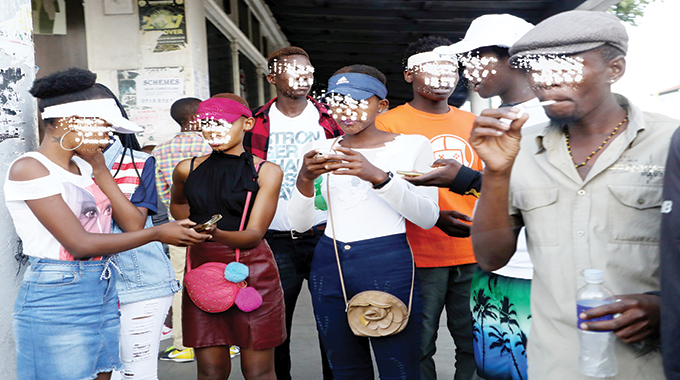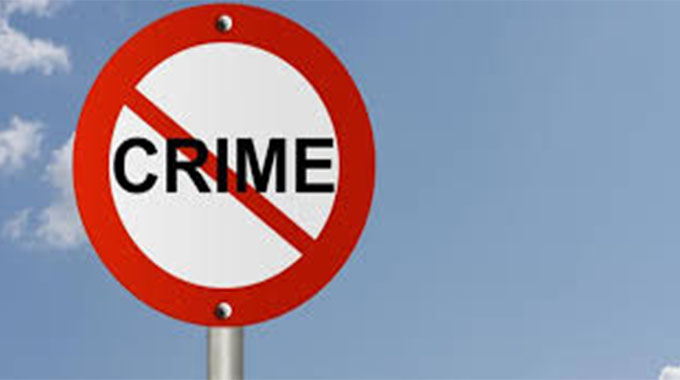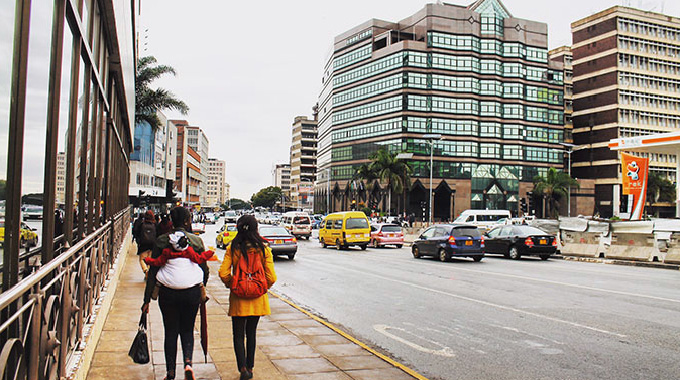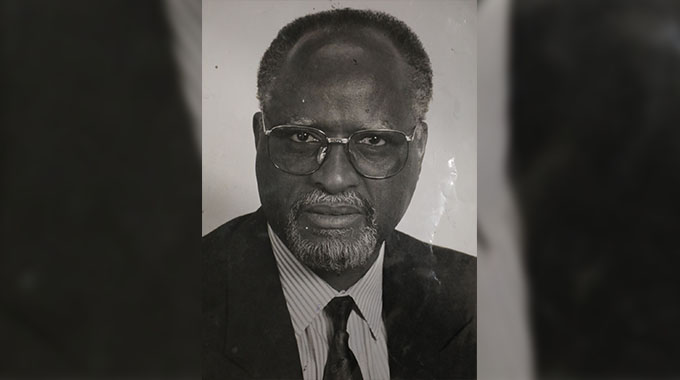Of ‘vuzu parties’ and juvenile delinquency: Alternative solutions to the criminal code

Paul Sixpence
Recent events in Bulawayo, where more than 130 adolescents were arrested by the police and arraigned before the courts on charges bordering on disorderly conduct and criminal nuisance have prompted me to write this instalment.
Beyond the deplorable conduct of the teenagers, arrests were a tacit firefighting attempt by police at the instigation of parents and residents of Bulawayo aimed at stopping illicit sexual behaviour, drug and alcohol abuse by adolescents.
In other words, it was an attempt to stem the tide of “vuzu parties”. Vuzu parties are gatherings of mostly teenagers without adult supervision in private spaces for purposes of binge drinking, drug abuse and engaging in risky illicit sex.
Noting that this is a sensitive subject, it is important to highlight my intentions and motivations for penning this article from the onset.
The twin identities that I carry, as a father and youth development worker, could not allow me to sit by and be a spectator to a very important community and national dialogue that speaks directly to some of the stubborn challenges affecting young people today –that is – illicit sex, HIV, drug and alcohol abuse.
The aforementioned challenges take multiple dimensions and there is no single prescription to addressing them.
However, it is my considered opinion that the legal route would not provide sustainable solutions to this problem because the root cause is not miscellaneous criminal conduct. In fact, using the police and legal instruments will only force youths to change tactics, avoid public spaces and go underground.
Adolescents are a fragile demographic segment of our population. There is need for society to open avenues of communication and dialogue with young people in order to understand their needs, aspirations and dreams.
In so doing, as a society we are then able to constructively guide them and also allow them to understand our departure point when we admonish them.
Vuzu parties are just but a symptom of deeper social, youth development and public health challenges that our youth face today. Further, the unbecoming conduct of our youth is also a serious indictment of institutions in our society tasked with developing responsible citizens, namely, the family unit, schools, church, civil society, social and mass media.
Over the years through my work as a youth development worker in under-resourced urban and rural settings in Zimbabwe, I came to the realisation that comprehensive sexual and reproductive health programmes that incorporate life skills development, counselling, life coaching, entrepreneurship and livelihoods capacity development have the ability to re-orient and cultivate a sense of purpose in our young people.
It is therefore paramount that relevant Government departments mandated with the responsibility to provide services to young people collaborate with civil society partners to provide comprehensive sexual and reproductive health and life skills development programmes within and outside the school set-up. Interventions should not only be token in nature, but they should seek to infuse a sense of purpose in our young people and expose them to a new world-view underlined by strong messages around the agency of our young people and their potential to achieve their dreams.
Without such programmes in place as a country we will be unable to reduce the number of new HIV infections among our adolescents and young adults. According to data released at one of the leading HIV research and science meetings in 2018, the HIV Research for Prevention Conference (HIVR4P), an average of 1 700 young women are infected in South Africa every week.
With Zimbabwe and South Africa, having almost similar contextual and environmental factors, these statistics bear relevance to Zimbabwe. Further, it was noted that adolescent girls and young women (AGYW) account for one in four of all new infections in East and Southern Africa despite being just 10 percent of the population.
The family unit is the foremost socialisation agent that shapes the character and personality of an individual. Parents and guardians ought to play an active role in the upbringing of their children by consistently advising them on the dangers of early sexual debut, illicit sex, drug and alcohol abuse.
Further, it is the duty of parents and guardians to support and encourage their children to be in school and also to develop their talents. Children often mimic personalities and characters of their parents and guardians, it is therefore important for parents to serve as role models.
Children nowadays often spend most of their time at school in the company of peers and under the guidance of teachers. Schools should be centres that infuse a culture of responsibility and discipline in our youth. In conclusion, I would like to address the role of civil society, social and mass media in youth development.
It is my take that social media influencers and youth opinion leaders have a big role in positively influencing youths beyond entertainment. It is clear that our young people yearn to have fun. It is not wrong to have fun. It is possible to have fun without jeopardising one’s health and future.
This challenge therefore provides an opportunity for collaboration to curate innovative and exciting outdoor activities and media products that keep youths away from alcohol, drugs and illicit sex.
-Paul Sixpence is a development and media practitioner based in Bulawayo, Zimbabwe. He can be contacted via E-mail: [email protected], Twitter handle @PaulSixpence or mobile 0776609762










Comments